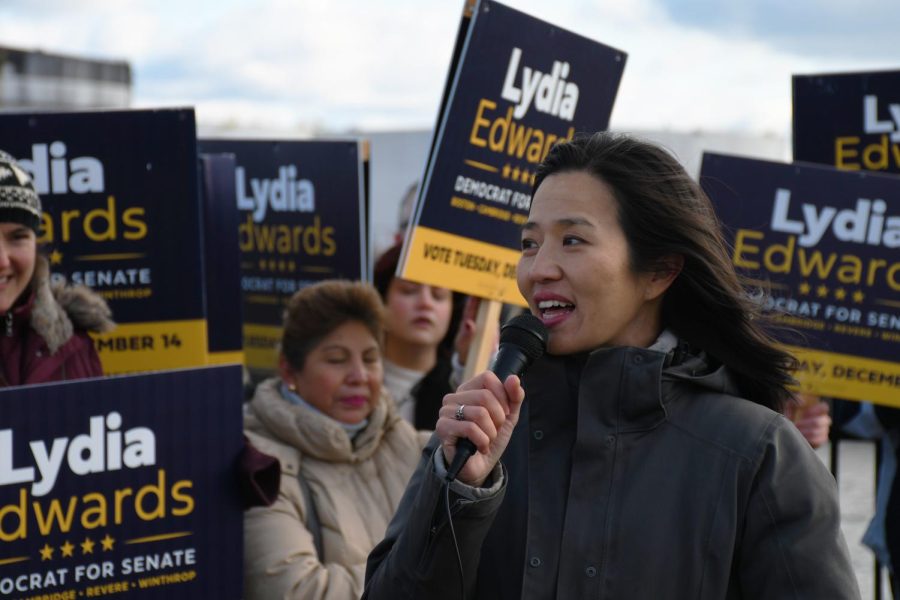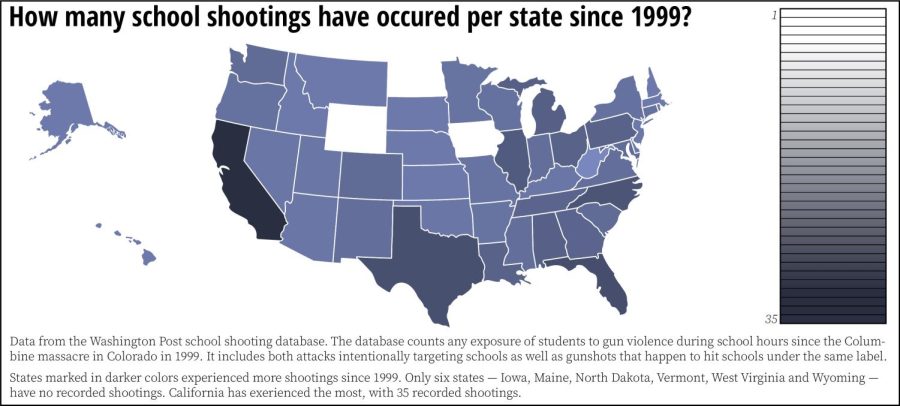By Alex Frandsen, editorial columnist
There was no way not to notice DivestNU. The student group spent nearly two weeks stationed in the heart of campus, with tents dominating Centennial Common. Members unfurled signs proclaiming that “Oil money is blood money,” staged a die-in during Prospective Students Day and generally made it heard loud and clear across campus that Northeastern must get rid of its investments in fossil fuels. They finally packed up and ended their occupation on Saturday after administration officials agreed to meet with them. It’s a great step for DivestNU, undoubtedly. But the entire movement was also a victory for increasing student activism as a whole on campus.
Northeastern is not the University of California-Berkeley, where protests and social activism are the standard. Nor is it Oberlin College, where participating in social movements is basically a part of the curriculum. Northeastern has mainly stayed out of the activism arena entirely, save for a few exceptions. Now, this certainly is not because the student body doesn’t care about social issues. At an institution as large and diverse as this, it is inevitable to have tons of people interested in progressive causes. There just simply hasn’t been the campus culture around it that there is at other schools. Fortunately, that is starting to change.
DivestNU is the most obvious example, but numerous other student groups on campus are starting to join the charge in changing the school’s attitude towards protest and social justice. Students Against Institutional Discrimination, otherwise known as SAID, was formed last year in response to the events and protests at the University of Missouri and Ithaca College. Noticing that there was no real semblance of student activity in response to the reignited national discussion of institutional racism, the group started as a coalition to get students involved in the fight against discrimination. Today, SAID includes a number of clubs, including the Health Disparities Student Collaborative, Students for Education Reform, Feminist Student Organization, Progressive Student Alliance and the Husky Environmental Action Team.
The growth of SAID and groups like it is a crucial development. As college students, we are in the midst of our personal growth periods. These are the years where we find out what’s wrong with the world and how we can start to fix it. These are the years where we learn when to demand change and how to do it. Without a culture that accepts protesting and social activism as part of the norm, we lose out on a massive learning opportunity. Alice Ollstein said last year in an article for The Atlantic that, “At their best, colleges should provide the chance for students to experiment with activism.” If Northeastern is going to be known as a progressive, global institution, then student activism needs to be a key part of the campus experience.
Luckily, we don’t have to look far for examples of activism that we can learn from. As much as we claim to hate Boston University, its students successfully pushed administration to begin moving away from fossil fuel investments. At Harvard, students have supported and worked hand-in-hand with the dining services workers during their strike for fair wages. If we can capture that same enthusiasm for social activism, like we have started to do, then we will be all better for it, both as people and as a school.
Student activism can be messy. It can even be silly at times, such as when Oberlin students last year protested the school for serving poorly-made international dishes. But its positives more than make up for its faults. A culture that promotes student activism gives every participating student a chance to grow and learn, and provides schools with the chances to make themselves more equal and responsible places of learning. If that costs us Centennial Common every once in a while, so be it.















